Is a Fixer Upper the Right Path to Homeownership for You?
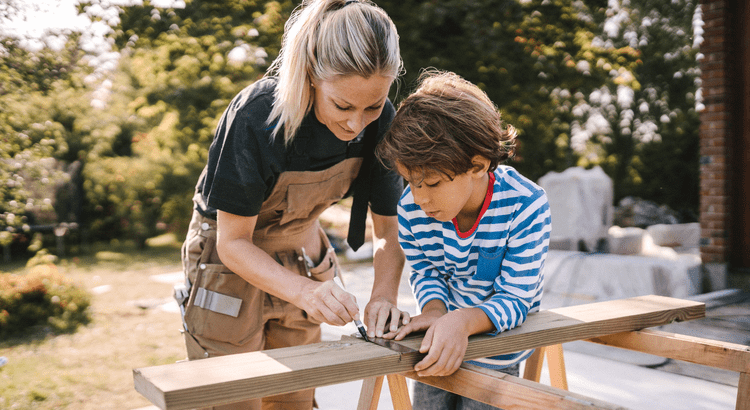
What Exactly Is a Fixer Upper?
In simple terms, a fixer upper is a home that, while still livable, needs some TLC. The level of work required varies greatly, so it could range from relatively small cosmetic updates, like fresh paint or new flooring, to more substantial repairs such as fixing a leaky roof or updating outdated plumbing. Regardless of the degree of work involved, these homes typically come with a significantly lower price tag compared to fully renovated properties in the same area.
According to a StorageCafe survey, fixer uppers are usually priced about 29% lower than homes that are move-in-ready. That’s a considerable savings, and it’s one of the main reasons why more buyers are considering homes that need a bit of love. If you’re willing to roll up your sleeves and invest some time and energy, a fixer upper could be your ticket to homeownership in today’s market.
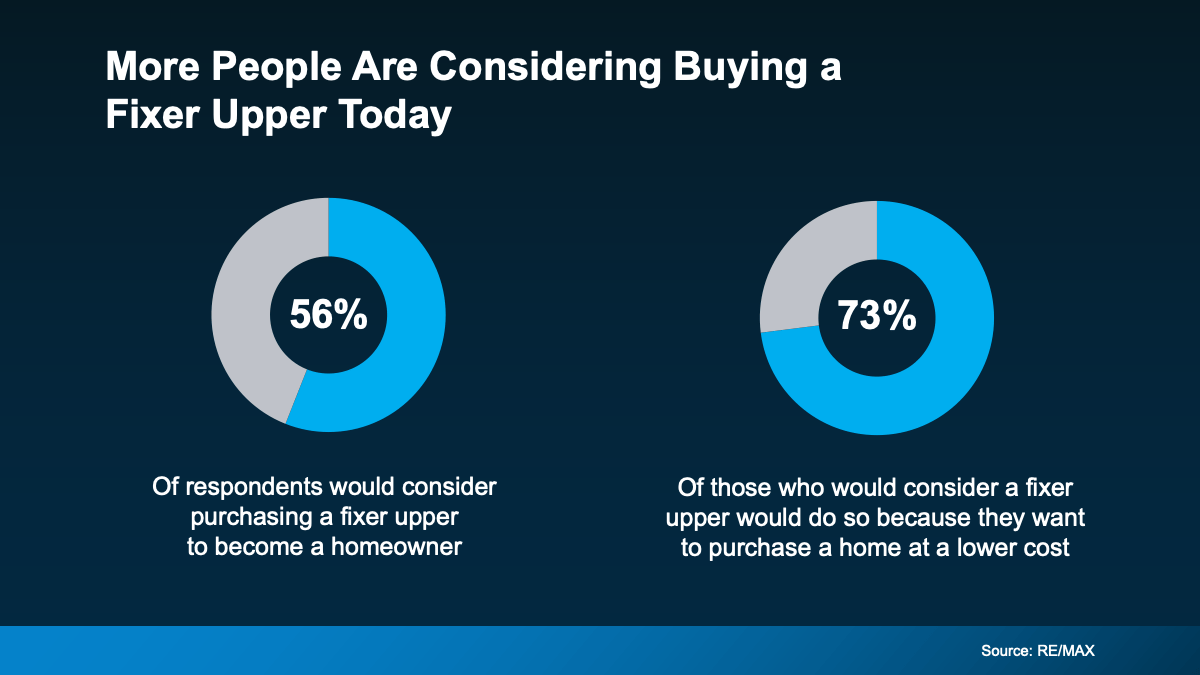
The Allure of Buying a Fixer Upper
Affordability is the biggest draw of purchasing a fixer upper. As home prices continue to rise, many buyers are exploring properties that need work but offer significant potential for future value. If you’re someone who’s open to the idea of customizing a home over time, buying a fixer upper could be a dream come true.
Not only can you get a great deal upfront, but you also have the opportunity to build equity through your sweat equity. The improvements you make to the house can add value, which means that over time, you’re likely to recoup the cost of renovations and then some. Plus, you get to design your ideal space from the ground up, tailoring it to your tastes and needs.
Key Considerations Before Buying a Fixer Upper
Before diving headfirst into a fixer upper project, there are some key things you should consider. Here’s a breakdown of essential tips to help you determine if a fixer upper is the right fit for you.
1. Location Is Everything
When purchasing a fixer upper, remember the old saying: you can change the house, but you can’t change the location. The location of the property is crucial—after all, even the best renovation won’t add value if the home is in an undesirable neighborhood.
Look for properties in areas that are on the up-and-up, such as neighborhoods with improving property values, a growing number of amenities, or planned infrastructure upgrades. If you're able to buy in an area where home prices are expected to rise, you’ll be setting yourself up for future success. This way, even after you invest in making repairs and improvements, the home will continue to appreciate over time.
2. Budget for Unexpected Costs
While it’s easy to get excited about the potential of a fixer upper, the reality is that things rarely go according to plan. Home repairs often cost more than expected, and surprise issues can crop up during renovations. From structural problems to hidden water damage, you need to be prepared for the possibility of spending more money than you initially budgeted.
As a general rule of thumb, always set aside an extra 10-20% of your renovation budget for unforeseen repairs. This will give you a financial cushion to handle any unexpected expenses that may arise along the way.
3. Don’t Skip the Home Inspection
It may seem obvious, but getting a thorough home inspection is a must before buying a fixer upper. A qualified inspector will be able to assess the condition of the property and identify major issues that might not be visible to the untrained eye.
A good inspector will look at things like the foundation, electrical systems, plumbing, roof, and insulation. Their report will give you a clear understanding of the work that needs to be done, and whether or not the house is a sound investment. If the home needs serious repairs that could potentially break your budget, you may need to reconsider the purchase or renegotiate the price with the seller.
4. Prioritize Renovations Wisely
Once you’ve secured your fixer upper, the next step is planning your renovations. One of the biggest mistakes homebuyers make is diving into the most exciting projects first—such as creating an open-concept kitchen or adding a luxury bathroom—without addressing the home’s most pressing issues.
To keep costs under control and avoid feeling overwhelmed, it’s best to break your renovation projects into three categories:
- Must-haves: These are the essential repairs that need to be done right away, such as fixing leaks, updating outdated wiring, or addressing foundation issues.
- Nice-to-haves: These are upgrades that will improve the functionality or aesthetic of the space, like installing new flooring or repainting the walls.
- Dream-state features: These are the luxuries or long-term goals, like building an addition, adding a deck, or upgrading to a gourmet kitchen. These are projects you can take on once the home is more livable.
By clearly defining your priorities, you can tackle renovations in a way that makes sense financially and doesn’t leave you overextended.
5. Plan for Time and Patience
Renovating a fixer upper is not an overnight process. It requires time, effort, and patience. The scope of the work will dictate how long it takes to make the home livable, and this timeline can stretch out depending on how much work is needed and whether you’re doing the work yourself or hiring professionals.
If you're doing most of the renovations yourself, keep in mind that it will take longer to finish everything than if you were hiring contractors. The upside, however, is that you’ll save money on labor costs, but the tradeoff is a more drawn-out timeline. If you’re hiring contractors, make sure you vet them thoroughly and check their references to avoid delays and budget overruns.
Finding the Right Fixer Upper for You
Real estate agents are experts at spotting properties with potential. They know the local market inside and out and can help you find a home with the right mix of location, condition, and price. Whether you’re looking for a diamond in the rough or a home that needs just a little TLC, an experienced agent can help guide you to the right place.
Real estate agents can also provide advice on which improvements will give you the best return on investment. For example, a simple kitchen remodel may add significant value to a home, while landscaping improvements may not have as great an impact. This kind of expert insight can help you make smarter decisions throughout the renovation process.
Bottom Line: Is a Fixer Upper Right for You?
If you’ve been struggling to find an affordable home in today’s competitive market, a fixer upper might be the answer you’ve been looking for. With the right location, careful planning, and a willingness to put in some hard work, you can transform a fixer upper into your dream home.
However, before you jump in, take the time to weigh the pros and cons, consider your budget, and make sure you’re prepared for the time and effort involved. If you’re ready to roll up your sleeves and create a home that’s uniquely yours, then a fixer upper could be the perfect solution.
Are you ready to take on the challenge and make a fixer upper your dream home? Let’s talk about what’s possible and start the journey to homeownership today!
Recent Posts

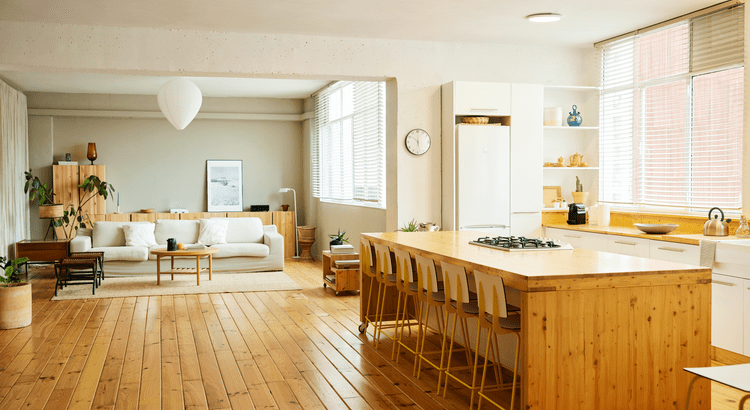

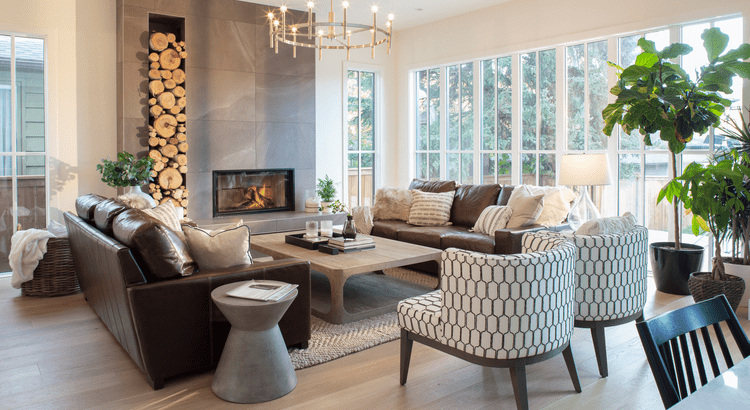

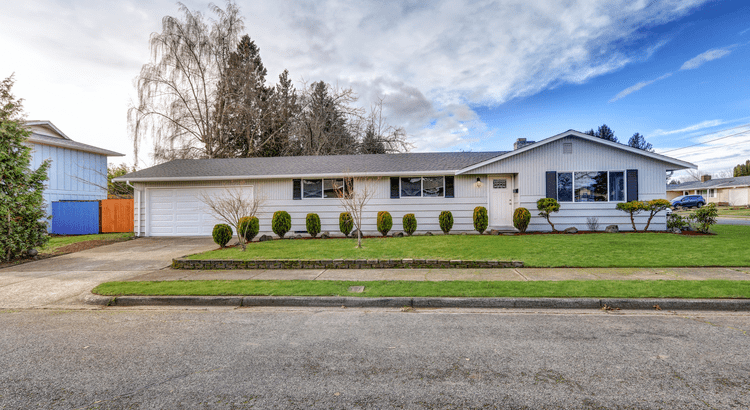

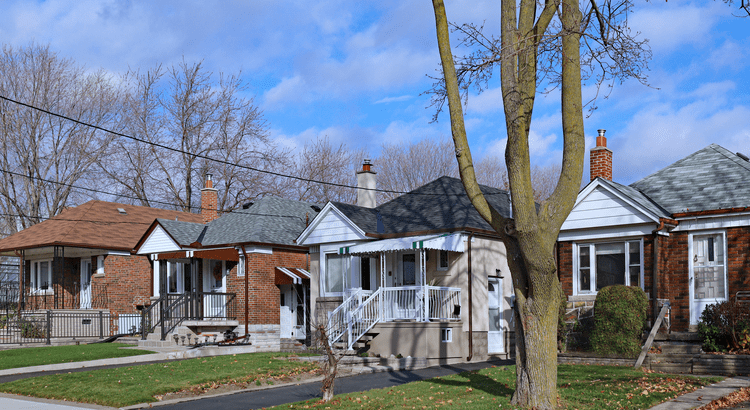


GET MORE INFORMATION
